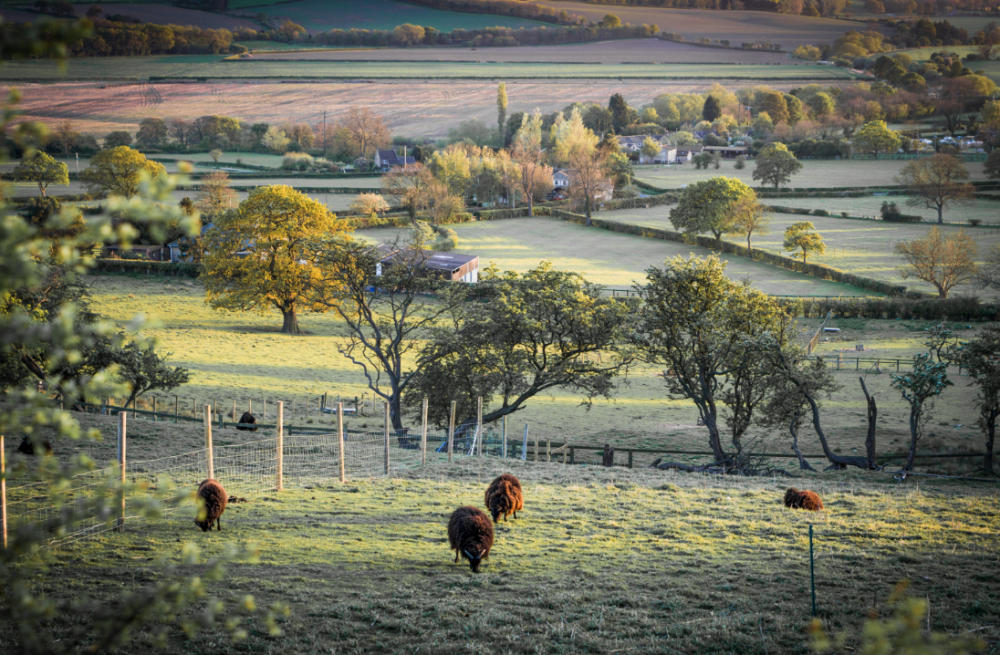The Wildlife Trusts launch £30m appeal to kickstart nature’s recovery
The Wildlife Trusts launch 30 by 30, a public appeal to raise £30m to start putting nature into recovery across at least 30 percent of land and sea by 2030.

The Wildlife Trusts launch 30 by 30, a public appeal to raise £30m to start putting nature into recovery across at least 30 percent of land and sea by 2030.
The coalition of conservation charities are aiming to drum up public support by raising £30m to recover nature in 30 percent of the UK within the next decade.
The appeal will include the protection of 26 percent of UK mammals who are in danger of disappearing altogether as well as hedgehogs, red squirrels, bats, turtle doves, cuckoo, water voles and basking sharks.
The 46 charities recently called on the Government to introduce a new landscape designation for England called ‘Wildbelt’. This would be for the purpose of putting land into nature’s recovery, such as through the creation of wildlife corridors, natural regeneration of woodland, restoration of wetlands, and rewilding. Currently only 10 percent of land is protected in the UK, and according to the body, is in poor condition.
“Funds raised by the Wildlife Trusts’ new 30 by 30 appeal will go towards nature recovery projects that will put new land aside for nature as well as repair and link-up existing, fragmented, wild areas to enable wildlife to move around,” said Craig Bennett, chief executive of the Wildlife Trusts. “The aim is to bring nature everywhere including to the places where people live.”
The 30 by 30 projects include restoring 50 hectares of lost fenland in Lincolnshire, repairing carbon-sequestering peatland in Lancashire, reintroducing beavers in Hampshire and the Isle of Wight, and converting low-grade agricultural land into nature areas in Warwickshire.
“We know that the UK is one of the most nature depleted countries in the world and we’re facing the dual crises of climate change and biodiversity loss,” said Liz Bonnin, science and natural history broadcaster and ambassador for the trust.
The campaign follows the UN Convention on Biological Diversity (CBD) which proposes that at least 30 percent of the world’s land and seas should be protected within the next decade to prevent the damage of the planet’s biodiversity.






